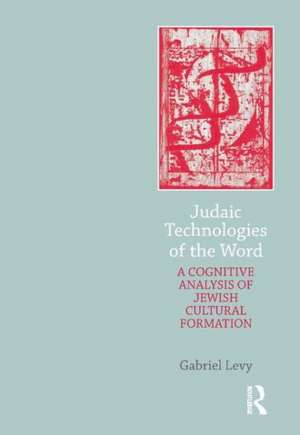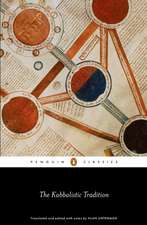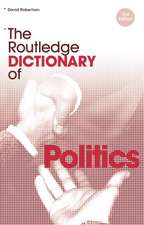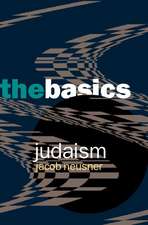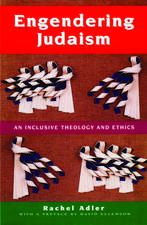Judaic Technologies of the Word: A Cognitive Analysis of Jewish Cultural Formation
Autor Gabriel Levyen Limba Engleză Paperback – 27 apr 2015
| Toate formatele și edițiile | Preț | Express |
|---|---|---|
| Paperback (1) | 463.77 lei 6-8 săpt. | |
| Taylor & Francis – 27 apr 2015 | 463.77 lei 6-8 săpt. | |
| Hardback (1) | 1001.07 lei 6-8 săpt. | |
| Taylor & Francis – 2013 | 1001.07 lei 6-8 săpt. |
Preț: 463.77 lei
Nou
Puncte Express: 696
Preț estimativ în valută:
88.77€ • 96.46$ • 74.62£
88.77€ • 96.46$ • 74.62£
Carte tipărită la comandă
Livrare economică 21 aprilie-05 mai
Preluare comenzi: 021 569.72.76
Specificații
ISBN-13: 9781138856127
ISBN-10: 1138856126
Pagini: 240
Dimensiuni: 156 x 234 mm
Greutate: 0.32 kg
Ediția:1
Editura: Taylor & Francis
Colecția Routledge
Locul publicării:Oxford, United Kingdom
ISBN-10: 1138856126
Pagini: 240
Dimensiuni: 156 x 234 mm
Greutate: 0.32 kg
Ediția:1
Editura: Taylor & Francis
Colecția Routledge
Locul publicării:Oxford, United Kingdom
Cuprins
Introduction 1. What is Cognition? 2. Control 3. Network 4. Rationality 5. Names 6. Hypertext 7. Environment Conclusion Bibliography Index
Notă biografică
Gabriel Levy is Associate Professor of Religious Studies at the Norwegian University of Science and Technology and is co-editor of Judaism and Emotion: Texts, Performance, Experience.
Descriere
Judaic Technologies of the Word argues that Judaism does not exist in an abstract space of reflection. Rather, it exists both in artifacts of the material world - such as texts - and in the bodies, brains, hearts, and minds of individual people. More than this, Judaic bodies and texts, both oral and written, connect and feed back on one another.
